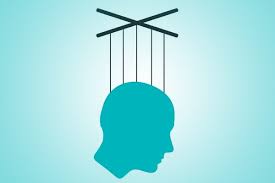Berniūnas, R, et al.
Consciousness and Cognition
Volume 87, January 2021, 103054
Abstract
It has been argued that belief in free will is socially consequential and psychologically universal. In this paper we look at the folk concept of free will and its critical assessment in the context of recent psychological research. Is there a widespread consensus about the conceptual content of free will? We compared English “free will” with its lexical equivalents in Lithuanian, Hindi, Chinese and Mongolian languages and found that unlike Lithuanian, Chinese, Hindi and Mongolian lexical expressions of “free will” do not refer to the same concept free will. What kind people have been studied so far? A review of papers indicate that, overall, 91% of participants in studies on belief in free will were WEIRD. Thus, given that free will has no cross-culturally universal conceptual content and that most of the reviewed studies were based on WEIRD samples, belief in free will is not a psychological universal.
Highlights
• The concept of free will has no cross-culturally universal conceptual content.
• Most of the reviewed studies on belief in free will were based on WEIRD samples.
• The term “free will” is inadequate for cross-cultural research.
From the General Discussion
Unfortunately, there has been little effort in cross-cultural (construct and external) validation of the very concept of free will. In explicating the folk concept of free will, Monroe and Malle (2010) showed that the ability to make decisions and choice are the most prototypical features (see also Feldman, 2017; Feldman et al., 2014). However, this is a description only of intuitions of English speaking participants. Here we tested whether there is a widespread consensus about the conceptual content (of free will) across culturally and linguistically diverse samples — hence, universality and cultural hypotheses. Overall, on the basis of free-listing results, it could be argued that two lexical expressions of English “free will” and Lithuanian “laisva valia” refer to the same concept of free will. Whereas Chinese ziyou yizhi, Hindi svatantra icchā, and Mongolian chölöötei khüsel, as newly constructed lexical expressions of “free will”, do not refer to the same concept of free will.








